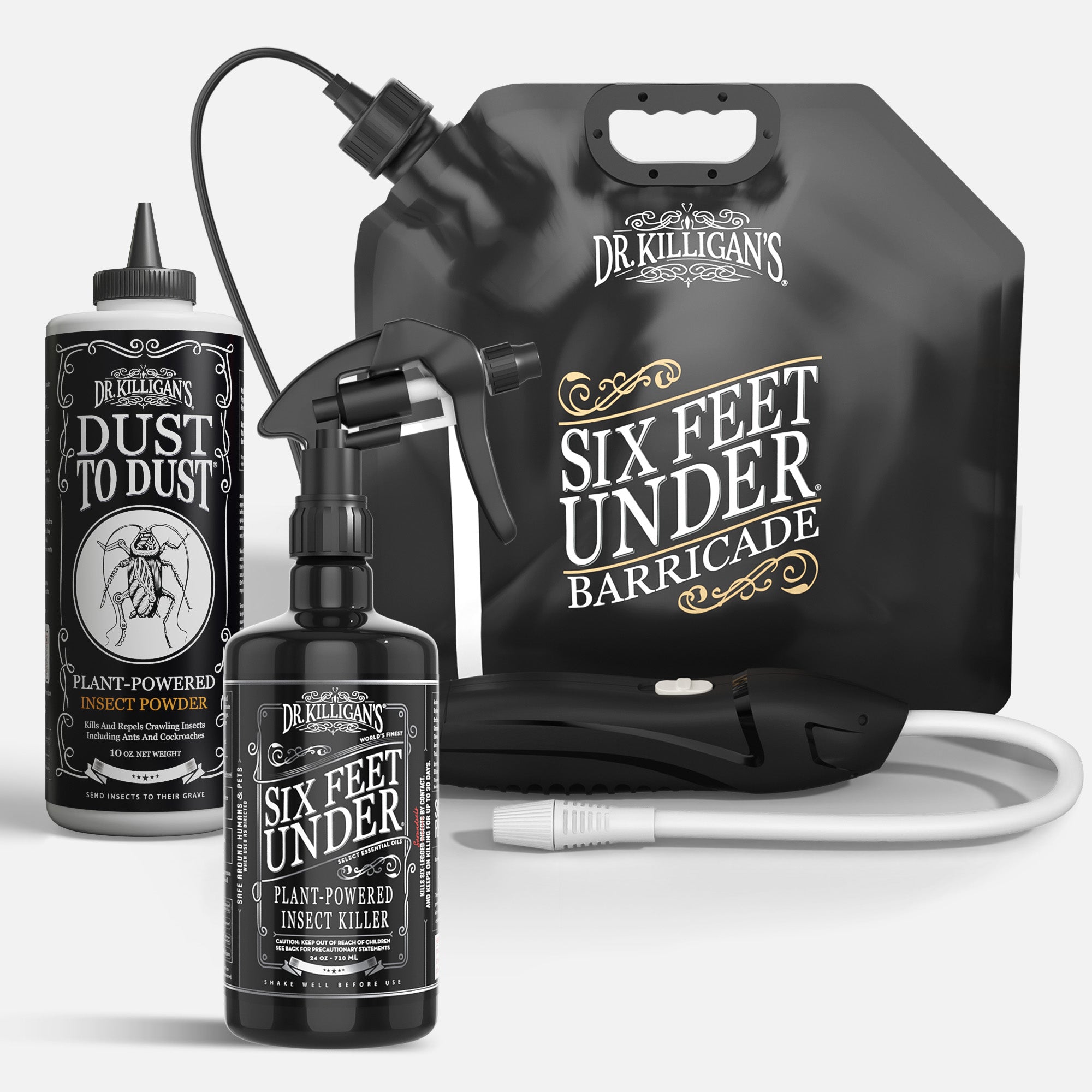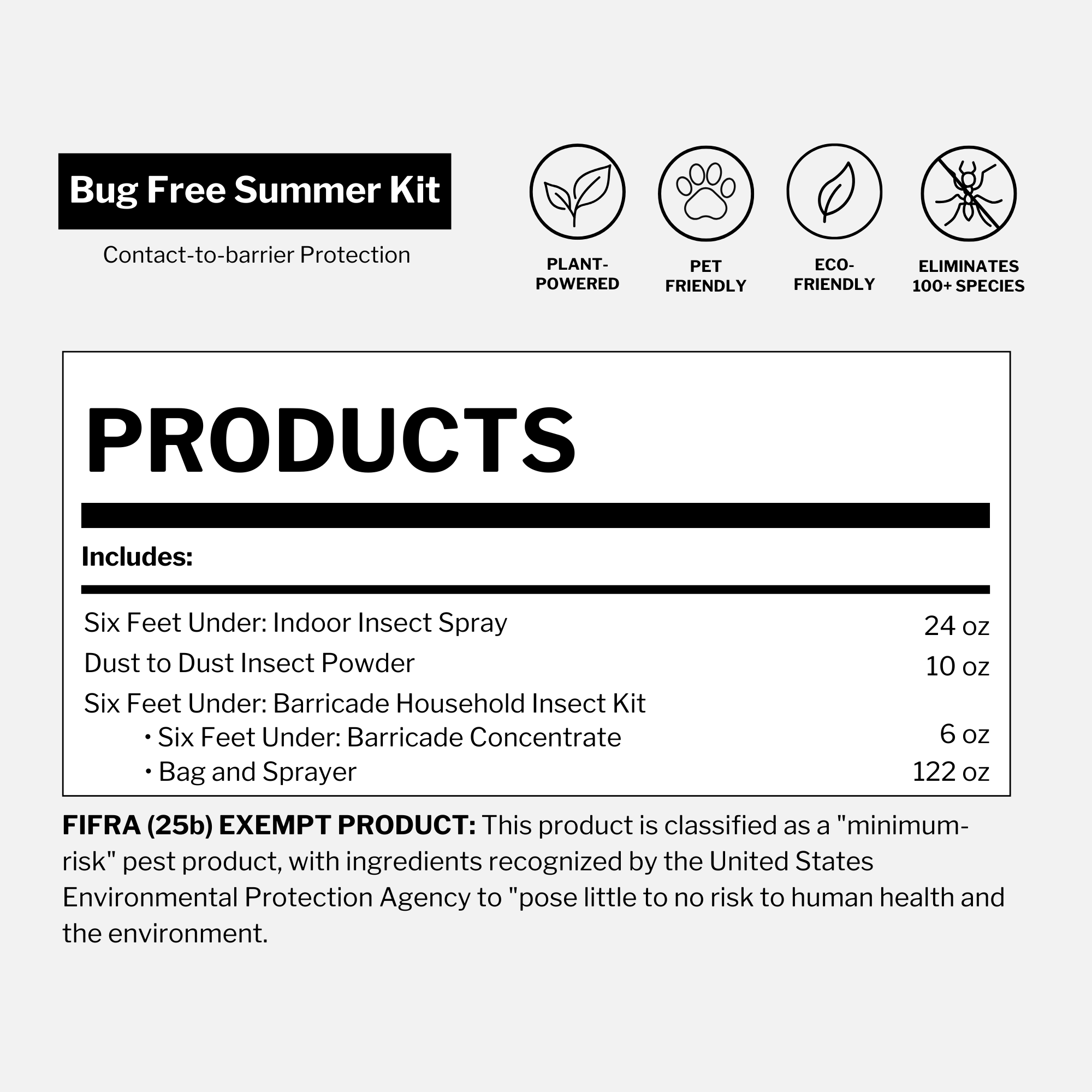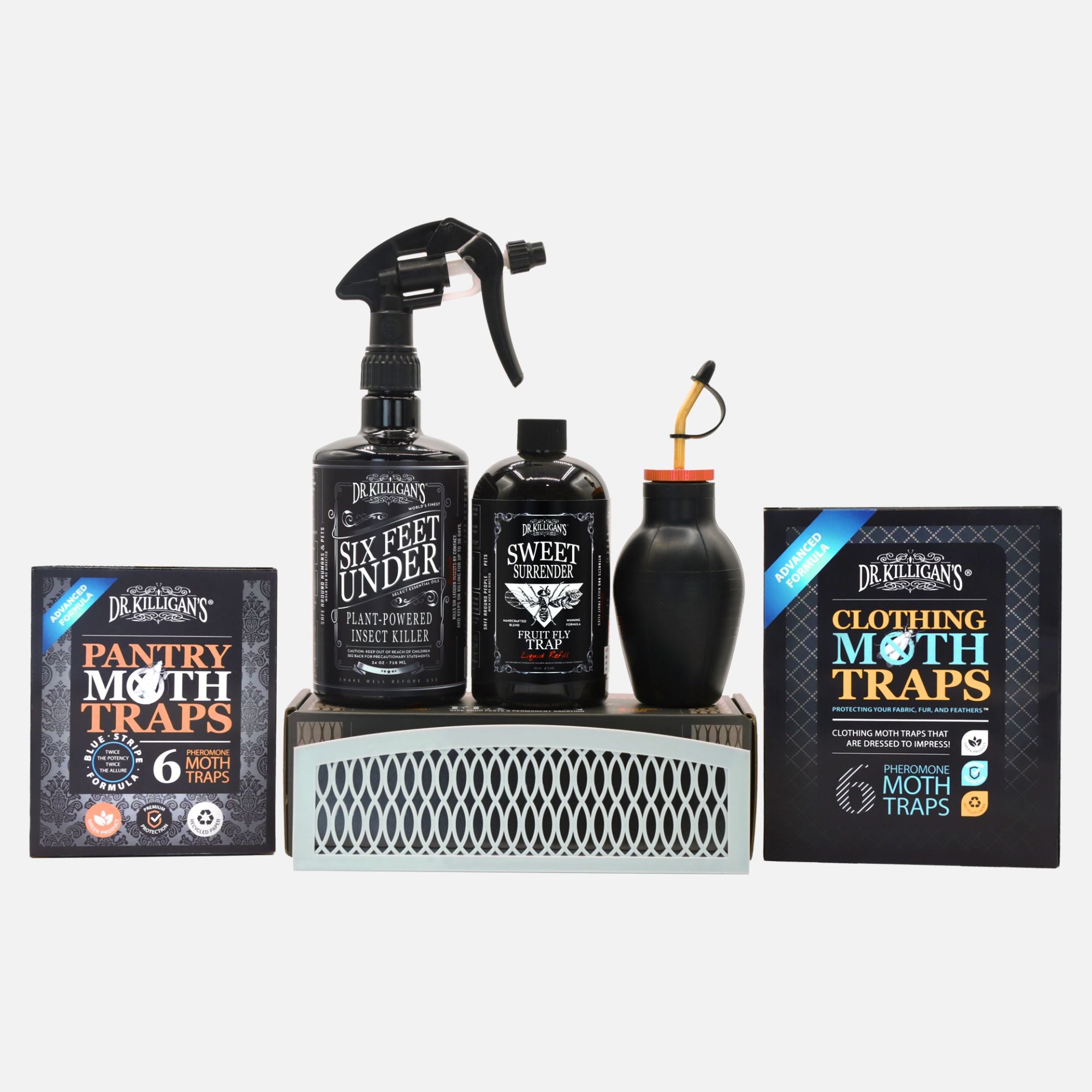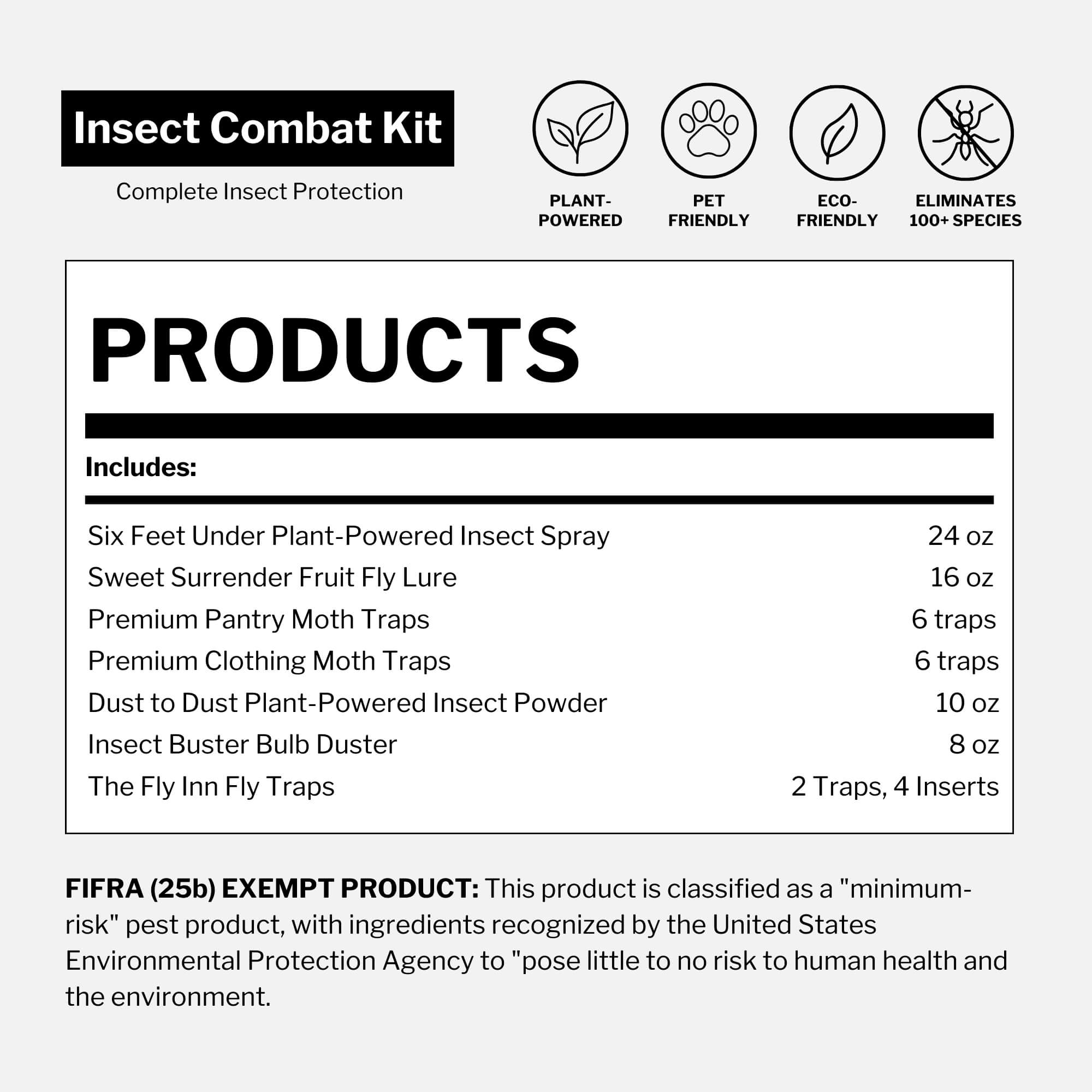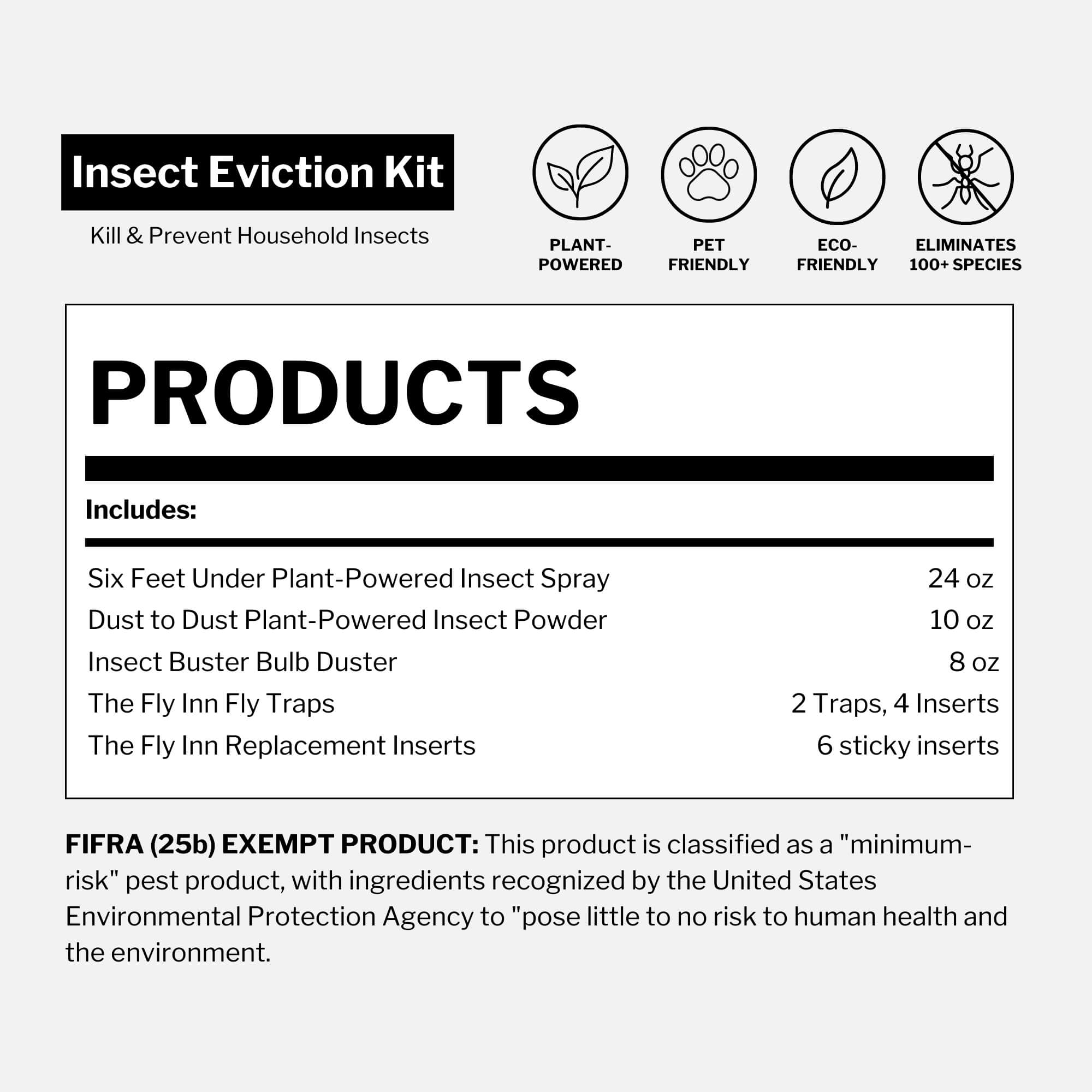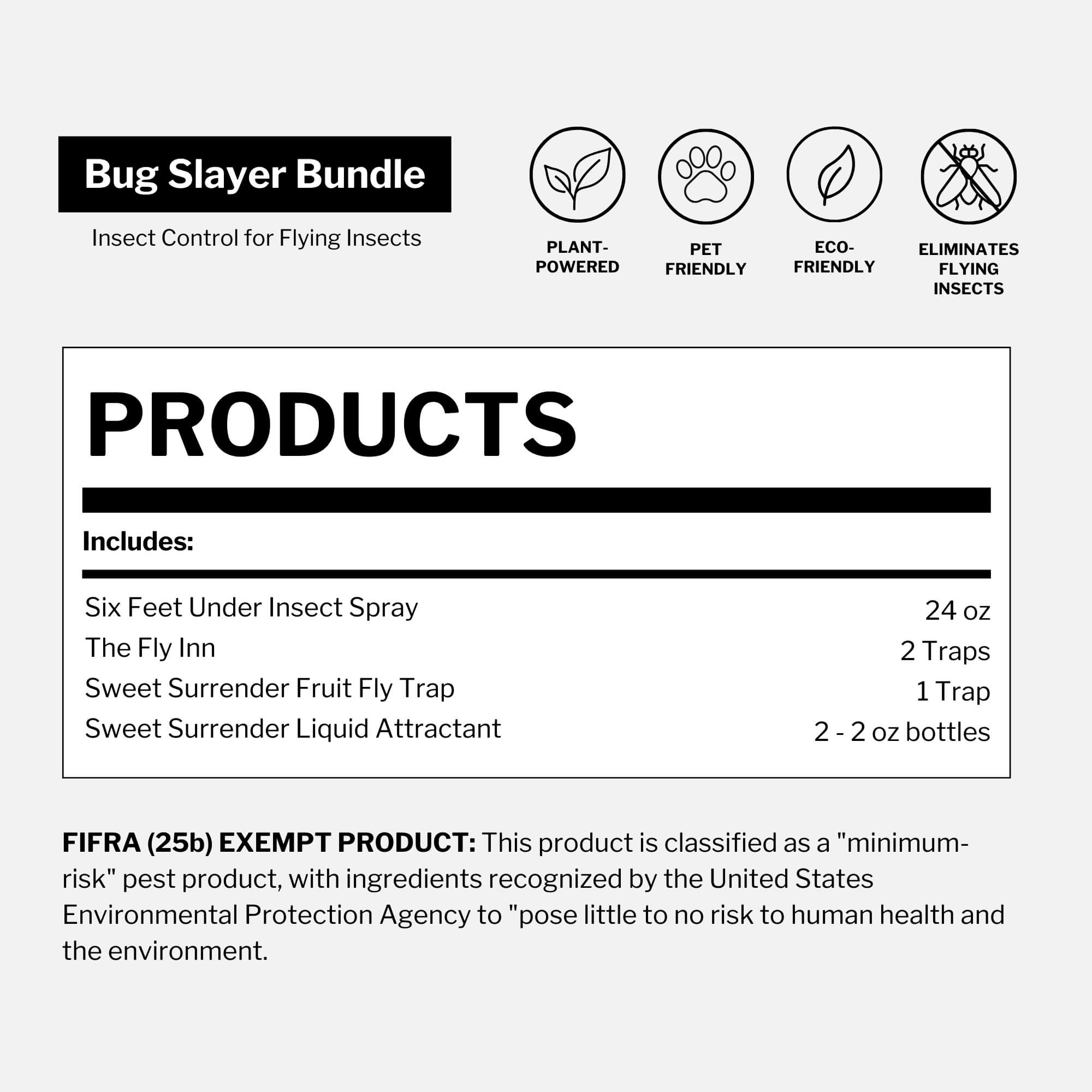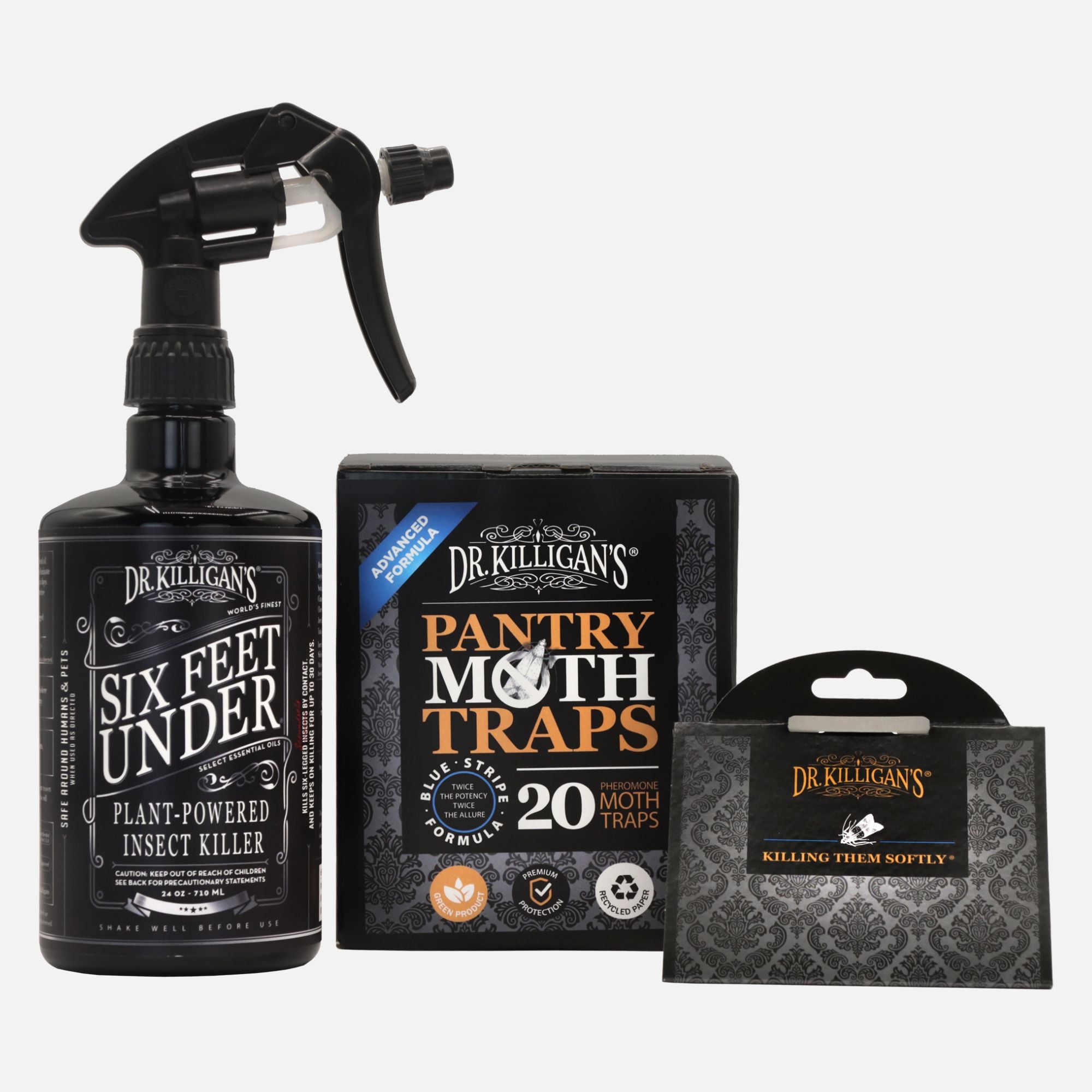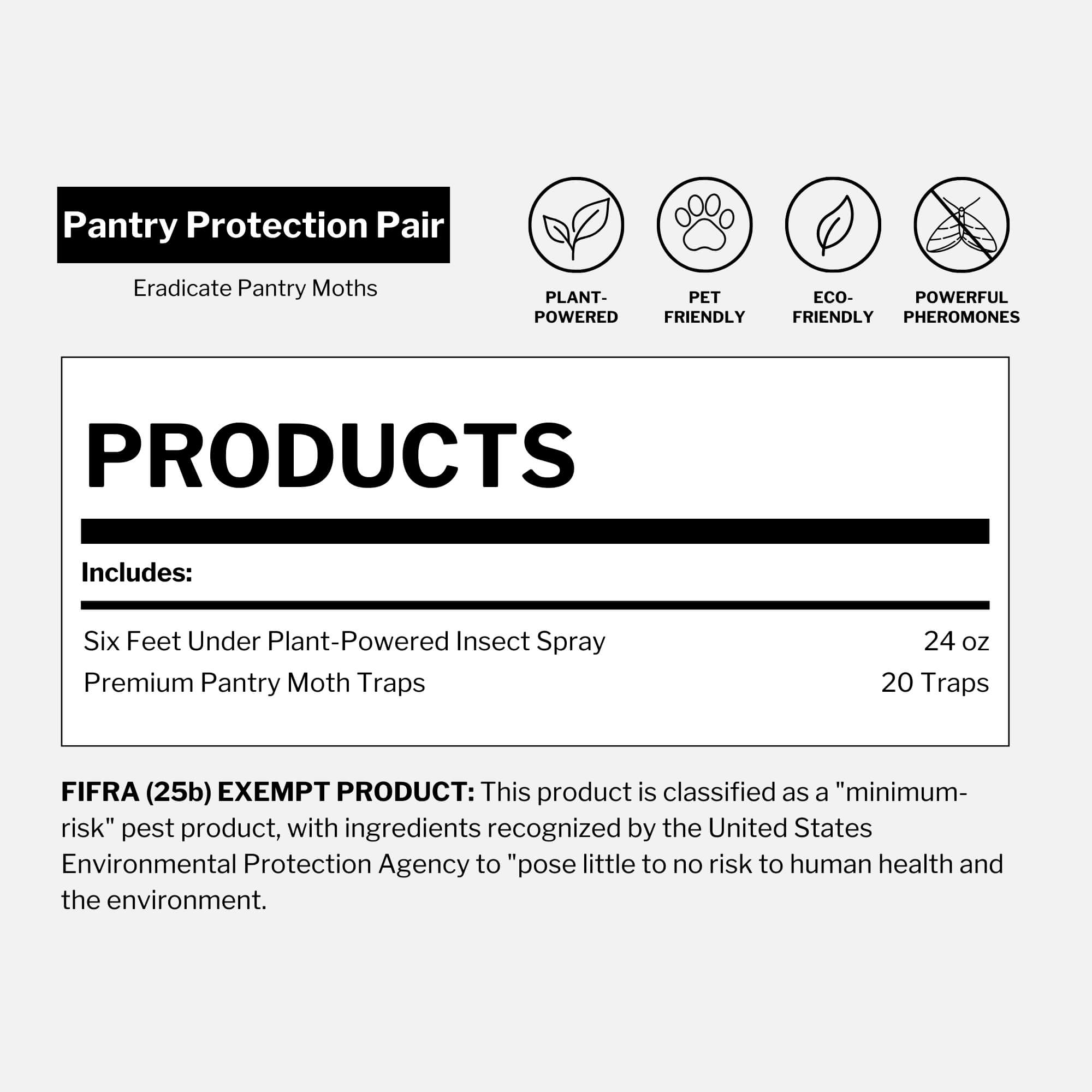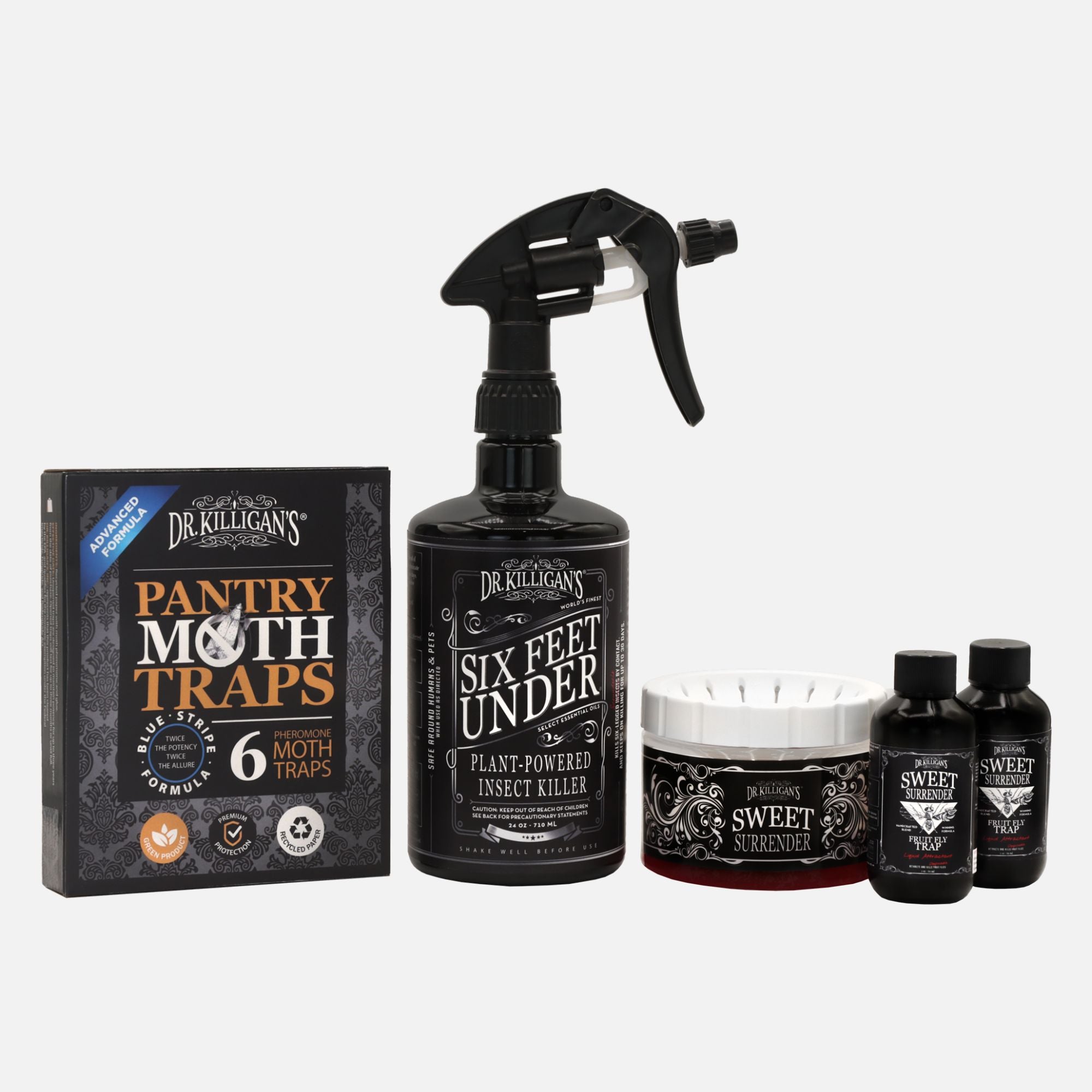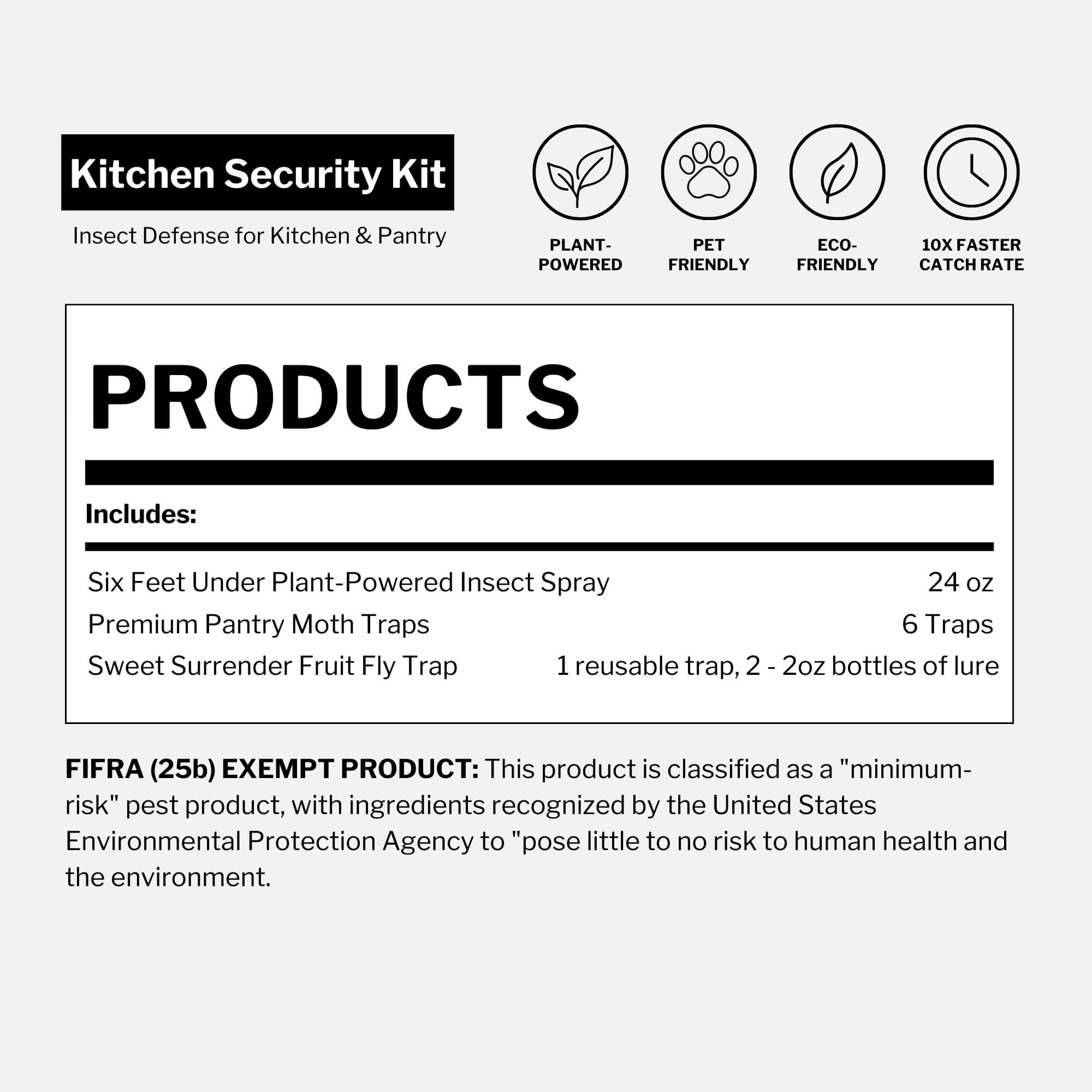Updated on September 17th, 2025
Ah, mosquitoes. Tiny, buzzing nuisances that somehow manage to be both irritating and deadly. These small flying insects are found everywhere—from tropical jungles to the edges of the Arctic.
During peak breeding season, they outnumber nearly every other animal on Earth, second only to ants and termites. And when it comes to causing human deaths, nothing even comes close — not snakes, not sharks. According to the Centers for Disease Control and Prevention (CDC), mosquito-borne diseases cause hundreds of thousands of deaths worldwide every year.
Knowing where mosquitoes live, when they’re most active and how they spread disease empowers you to take practical, science-backed steps for mosquito prevention and protection for your family.
Where are mosquitoes most common in the U.S.? (CDC data & hotspots)
Mosquitoes are found across the United States, but some regions consistently report higher populations and increased risk of mosquito-borne illnesses. According to CDC data, warm, humid environments with abundant standing water—such as urban areas with poor drainage or regions with frequent rainfall—create ideal breeding grounds for mosquitoes.

Based on Consumer Affairs data (2018-2019), the top U.S. cities for mosquito activity include:
- Atlanta, GA
- New York City, NY
- Washington, D.C.
- Chicago, IL
- Houston, TX
- Dallas-Ft. Worth, TX
- Detroit, MI
- Philadelphia, PA
- Charlotte, NC
- Raleigh-Durham, NC
Certain U.S. states and territories have also experienced outbreaks of mosquito-borne viruses like dengue, chikungunya and Zika.
Florida, Texas, Hawaii, Puerto Rico, the U.S. Virgin Islands and American Samoa have reported localized outbreaks, primarily transmitted by Aedes mosquitoes. The CDC notes that regions with a history of past outbreaks are at higher risk for future cases.
Tip: Before venturing to high-risk areas, check CDC travel advisories and local mosquito activity reports. Staying informed is one of the most effective ways to prevent mosquito-borne illness.
Where are mosquito-borne diseases most common worldwide? (CDC insights)
“It has long been recognized that a malarious community is an impoverished community,” observes Nobel laureate T. H. Weller. His words highlight the deep link between mosquito-borne illness and poverty — regions with limited healthcare and mosquito control face the heaviest burden.

Mosquito-borne diseases remain a global health challenge, with the greatest impact in tropical and subtropical regions where mosquitoes thrive year-round. The World Malaria Report 2023 confirms that malaria cases are concentrated in sub-Saharan Africa, as well as parts of South Asia and South America.
Other illnesses, including dengue fever, chikungunya and Zika virus, have expanded across Latin America, Southeast Asia, the Caribbean and Africa. According to the CDC, nearly half of the world’s population now lives in areas at risk of dengue. The CDC also notes that outbreaks have occurred in U.S. territories such as Puerto Rico and the U.S. Virgin Islands.
In wealthier nations, these diseases are usually confined to localized or travel-related cases. Still, health experts warn that climate change, rapid urbanization and global travel are widening mosquito habitats, making future outbreaks more likely even in regions not traditionally affected.
When are mosquitoes most active? (Day vs. night behavior)
Mosquitoes are most likely to bite during the cooler twilight hours — dawn and dusk — when the risk of dehydration from direct sunlight is lower.
Do mosquitoes bite at night?
Yes. Culex mosquitoes, which spread illnesses such as West Nile virus, are primarily nighttime feeders. They are most active from dusk until dawn.
When are different species most active? Not all mosquitoes follow the same schedule. For example, Aedes aegypti — known for transmitting dengue and Zika — bite mainly during the daytime, often mid-morning and late afternoon. In contrast, Anopheles mosquitoes, the primary vectors of malaria, are typically nighttime feeders, though their activity can vary by region.
Seasonal mosquito activity in the U.S. Mosquito patterns shift with the seasons. In the southern states, mosquitoes may be active nearly year-round due to mild winters, while in northern regions, activity is usually limited to the summer months. According to the CDC, mosquito risk rises sharply after heavy rainfall or flooding, which creates ideal breeding sites.
Can mosquitoes bite through clothes and jeans? (Expert explanation)
Mosquitoes are persistent, and in some cases, they can bite through clothes. Whether they succeed depends on the fabric’s thickness, weave and fit. Their long, needle-like mouthparts (proboscis) are sharp enough to pierce lightweight or tightly stretched materials.

Can mosquitoes bite through jeans?
Generally, mosquitoes cannot bite through jeans. Denim has a dense weave that blocks their proboscis, making it one of the most reliable fabrics for protection. However, if jeans are very tight, thin or stretched over the skin, there’s still a small chance of bites around pressure points.
Thin vs. thick fabrics. Tight, lightweight fabrics like spandex, leggings or thin cotton provide little protection because the material rests directly against the skin. By contrast, thicker fabrics such as denim, canvas or wool create a stronger barrier.
Best clothing protection.
- Wear loose, long-sleeved shirts and pants made from tightly woven fabrics.
- Choose light colors, since mosquitoes are attracted to darker shades.
- Use repellents made with oil of lemon eucalyptus (OLE) — the most effective natural alternative, recommended by both the CDC and EPA as an active ingredient in approved repellents.
Do mosquitoes die after biting? (The science explained)
No — mosquitoes do not die after biting. Unlike bees, which lose their stingers, a mosquito’s mouthparts (proboscis) remain intact after feeding. This allows them to bite multiple times, increasing their ability to spread diseases like malaria, dengue and Zika.

Male vs. female mosquitoes
- Female mosquitoes are the only ones that bite. They need a blood meal to produce eggs and can live for up to six weeks, biting repeatedly throughout their life cycle.
- Male mosquitoes do not bite at all. They feed only on plant nectar and other natural sugars. Males typically survive for about a week to 10 days, dying soon after mating.
What viruses and diseases do mosquitoes transmit? (CDC & WHO list)
Mosquitoes are more than a nuisance — they are responsible for transmitting some of the world’s most serious diseases. The CDC and WHO identify the following as the most significant:
- Malaria (Anopheles mosquitoes): A life-threatening disease caused by parasites. Malaria kills more than 400,000 people each year, mostly in sub-Saharan Africa [WHO].
- Dengue fever (Aedes aegypti): A viral infection marked by high fever, severe headaches, joint pain, and rash. Over 3.9 billion people in 129+ countries are at risk, and dengue causes an estimated 40,000 deaths annually [WHO].
- Zika virus (Aedes mosquitoes): Causes fever, rash, joint pain, and conjunctivitis. Particularly dangerous for pregnant women, as it can lead to birth defects.
- Yellow fever (Aedes and Haemagogus mosquitoes): Characterized by fever, muscle pain, and jaundice. Still endemic in parts of Africa and South America.
- West Nile virus (Culex mosquitoes): Common in the U.S. and Europe; can cause flu-like symptoms and, in rare cases, brain inflammation.
- Chikungunya (Aedes mosquitoes): Leads to fever, headache, and severe joint pain that can persist for months.
- Encephalitis (Culex mosquitoes): Viral inflammation of the brain that can result in neurological damage.
Together, these illnesses illustrate why the CDC calls mosquitoes the deadliest animals on Earth.
Can mosquitoes bite cats & dogs? (Pet health risks)
Yes — mosquitoes can bite both cats and dogs and their bites can cause more than temporary itching.
While the U.S. CDC does not provide detailed pet-bite data, veterinarians report that mosquito bites on pets can result in:
- Dogs: Mosquito bites are the main way dogs contract heartworm disease, a potentially fatal condition if left untreated. Bites may also cause localized swelling, redness and itching, which can lead to scratching or secondary infections [PetMD].
- Cats: Cats are less likely than dogs to contract heartworm, but they are not immune. Mosquito bites may cause skin irritation, allergic reactions or swelling of the face and ears. In rare cases, cats may also suffer respiratory complications linked to mosquito-borne parasites [PetMD].
Why this matters. Mosquitoes don’t distinguish between people and pets. Protecting cats and dogs is just as important as protecting yourself, especially in areas with high mosquito activity. The American Veterinary Medical Association (AVMA) emphasizes that heartworm disease is preventable with veterinarian-prescribed medication and that consistent use of FDA-approved preventives is the most reliable safeguard for dogs and cats [AVMA].
Practical guidance.
- Do talk to your veterinarian about the best preventative care for your pets.
- Do reduce mosquito exposure by eliminating standing water around your home.
- Don't use human mosquito repellents on pets. Many contain ingredients that are toxic to animals.
By keeping pets safe from mosquito bites, you help protect the entire household — humans and animals alike — from the broader risks of mosquito-borne illness.

History insight: Lessons from the Panama Canal
In the early 1900s, deadly outbreaks of malaria and yellow fever killed at least 25,000 workers during the construction of the Panama Canal. This deadly environment prompted groundbreaking public health efforts led by Dr. William C. Gorgas, who revolutionized mosquito control by draining standing water, oiling breeding sites, and installing protective screens — strategies that still form the foundation of mosquito prevention today.

How to protect yourself and your family from mosquitoes (Safe & proven methods)
The good news is that there are proven, science-backed mosquito prevention tips you can use to reduce bites and protect your household. The CDC recommends a combination of strategies at home and outdoors, while the WHO emphasizes mosquito nets as a simple and effective barrier in high-risk regions.

- Eliminate standing water: Mosquitoes need water to breed. Empty or refresh bird baths, buckets, flowerpots, gutters and pet bowls regularly. Even small amounts of stagnant water can support mosquito larvae.
- Apply effective repellents: For exposed skin, the CDC recommends repellents with proven active ingredients. A plant-based option is oil of lemon eucalyptus (OLE), recognized by the CDC and EPA as the most effective natural alternative. Note: OLE is not the same as lemon eucalyptus essential oil — only the refined, EPA-approved form has been lab-tested for mosquito protection.
- Wear protective clothing: Choose long-sleeved shirts, pants and socks in loose, tightly woven fabrics. Light colors are better than dark ones, which attract mosquitoes.
- Use mosquito nets: Sleeping under a net provides a physical barrier against bites. The WHO highlights mosquito nets as an important protection tool in areas where mosquitoes are most active. Nets are especially recommended for pregnant women, infants, and children.
- Install and maintain screens: Fit windows and doors with screens to keep mosquitoes out of your living spaces. Regularly check for tears or gaps that could let insects inside.
- Keep your yard maintained: Trim shrubs, tall grass and weeds, and clear away outdoor debris. A tidy yard reduces shady resting spots and breeding areas for mosquitoes.




